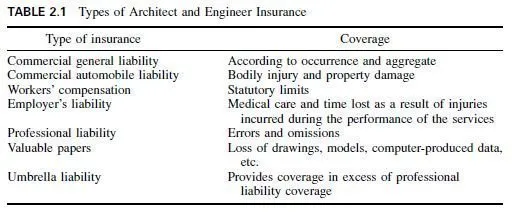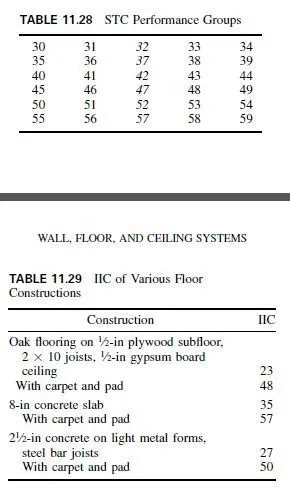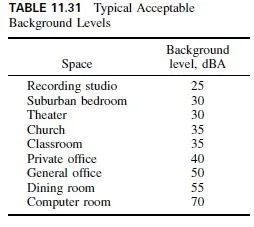Agencies at all levels of government generally obtain competitive bids for construction.
Awards are made to the lowest responsible bidder, who is required to furnish performance and payment bonds provided by a qualified corporate surety. In addition, all construction projects financed or insured by the Federal government, such as FHA-insured projects, require such bonds. Also, many private owners require bonds of contractors.
Generally, bidders are required to post a certified check or furnish a bid bond.
A bid bond assures that, if a contract is awarded, the contractor will, within a specified time, sign the contract and furnish bond for its performance. If the contractor fails to furnish the performance bond, the measure of damage is the smaller of the following: the penalty of the bid bond or the amount by which the bid of the lowest bidder found to be responsible and to whom the contract is awarded exceeds the initial low bid.
Most surety companies follow the practice of authorizing a bid bond only after the performance bond on a particular contract has been underwritten and approved.
For this reason, contractors are well advised against depositing a certified check with a bid unless there are assurances that the performance bond on that particular contract has been underwritten and approved.
There is no standard form of construction contract bond. The Federal government and each state, county, or municipal government has its own form. Private owners generally use the bond form recommended and copyrighted by the American Institute of Architects. Surety companies have developed a very broad form of bond, which is available to owners of private construction. Whatever form is used, the surety generally has a twofold obligation:
1. To indemnify the owner against loss resulting from the failure of the contractor to complete the work in accordance with the contract.
2. To guarantee payment of all bills incurred by the contractor for labor and materials.
Usually, two bonds are furnished, one for the protection of the owner, and another to protect exclusively those who perform labor or furnish materials. If one bond is furnished, the owner has prior rights.
Sureties underwrite construction contract bonds carefully. They are interested in determining whether a contractor has the capital to meet all financial obligations, the equipment to handle the physical aspects of the particular undertaking, and the construction experience to fulfill the terms of the contract.
A Performance and Payment Bond is not an insurance policy that will pool the premiums from those contractors who receive bonds and will pay the losses out of that pool, as is done with insurance. Rather, the bond essentially is a credit guarantee by the bonding company, and, as for any credit guarantee given in business, the bonding company expects to be reimbursed if this guarantee is enforced. Therefore, before providing a bond to a contractor, the surety requires the contractor to sign an Application for Surety Bond. This application, among other things, includes an agreement by the contractor to reimburse the surety for any losses that the surety may sustain as a result of having written the bond. The contractor, in order to receive the bond, therefore is indemnifying the surety. Cost of the bond is added by the contractor to the construction contract price.
Contractors should be aware of all the information that a surety will require and that is necessary to the underwriting of a contract bond. It is also important that a contractor take advantage of the services of a competent agent or broker who has close affiliations with a surety company that has the capacity to meet all the contractors needs. Outlined below are several items of information that will be required by the surety:
1. A complete balanced financial statement with schedules of the principal items.
This is a condition precedent to the approval of any contract bond. Sureties have forms on which a contractor may furnish financial information. They should be by the individual responsible for the financial operations of the company and the data taken directly from the companys books. It is preferable to have the financial statement prepared and certified by a public accountant.
2. A report on the contractors organization. The surety is interested in knowing the length of time the contractor has been in business, whether the firm operates as an individual, a partnership, or a corporation, and certain specific details, depending upon the form of organization.
3. A report on the technical qualifications and experience of the individuals who will be in charge of work to be performed.
4. A report on the type of work undertaken in the past, together with information regarding jobs successfully completed.
5. An inventory of equipment, noting value and age of each piece and any existing encumbrance. An inventory of materials will also be helpful.
From the construction management point of view, the most important question involving bonding is: What avenues of business are open to the contractor who lacks sufficient bonding capacity to do bonded work?
In Art. 17.4 various sources of business are described, and in Art. 17.1 various types of construction companies are discussed. Many of these types of business and construction companies do not require bonds for their work. For example, it is very rare that a bond is required in a construction management contract. When a contractor lacks capacity for bonding, it is well to pursue the lines of work described in those articles for which a bond will not be required.
The second question confronting a construction manager is whether or not to require a bond of subcontractors. In general, if the financial capability or experience of a subcontractor is sufficiently doubtful as to require bonding, the job should not be awarded to that company. Exceptions to this can be made to assist young companies in starting and gaining experience.
There are alternatives to subcontract bonds. These alternatives include the following:
Personal guarantees by the principals of the subcontracting company Personal guarantees of other individuals of substantial worth unconnected with the subcontracting company
Posting of a sum of money or of a security, such as a letter of credit, until performance of the subcontractors work has been completed by the subcontractor.


